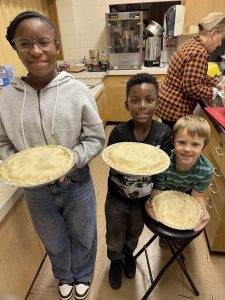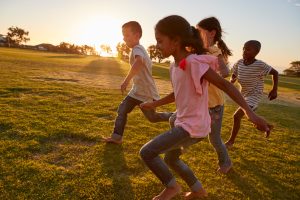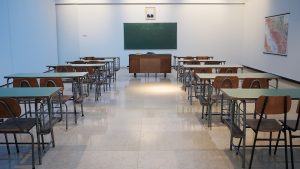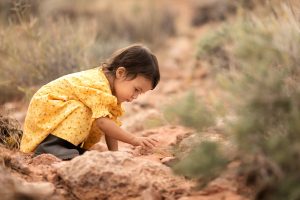
The Power of Small Class Sizes at Lutheran Neighborhood Schools
When choosing the right school for your child, class size matters. At Lutheran Neighborhood Schools (LNS), we embrace

When choosing the right school for your child, class size matters. At Lutheran Neighborhood Schools (LNS), we embrace

How do you treat the students? Are you strict? Lenient? Do you have your classroom management down, or

We all want to be helpful, but sometimes we have so much of our own stuff going on

Everything about school would be easier if everyone would just be nice. It seems like a pretty simple

People can get so upset about little things. If a man has his coffee with too much cream

Is there anyone you admire or look up to? Someone who is successful in the ways you want

Education stands as one of the most transformative and empowering forces in our society, and at the heart

At Lutheran Neighborhood Schools we teach our students how to be independent learners. We teach them to take

In education, personalized learning has emerged as a transformative approach that places students at the heart of their

Learning is often seen as a daunting task, especially when associated with the formal educational system. However, if

At Lutheran Neighborhood Schools (LNS), we embrace a comprehensive educational model that goes beyond traditional academics, focusing on